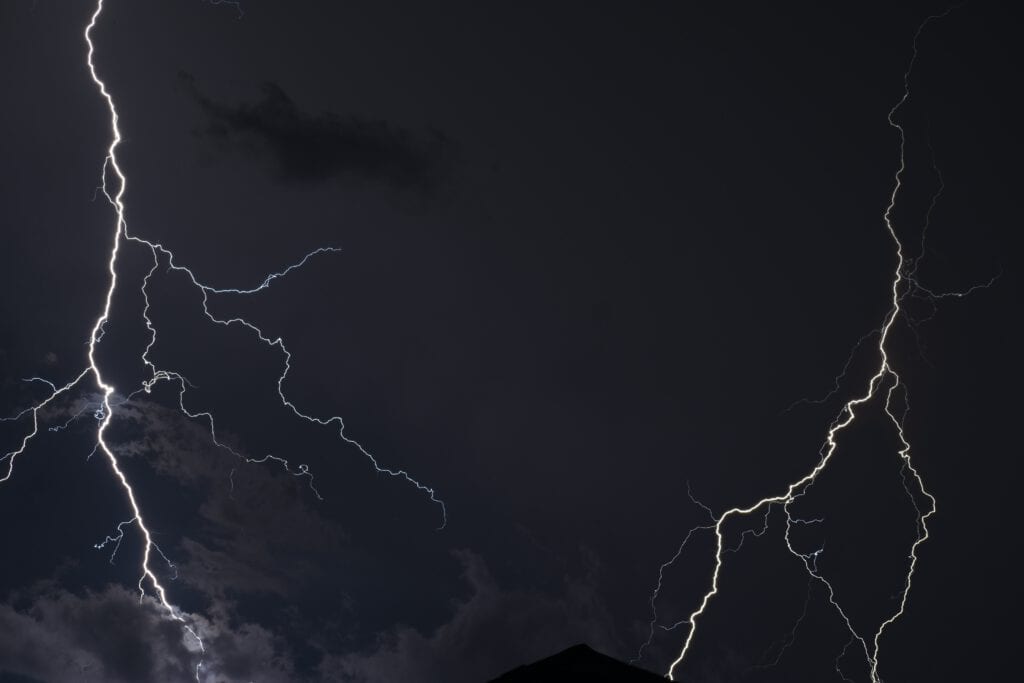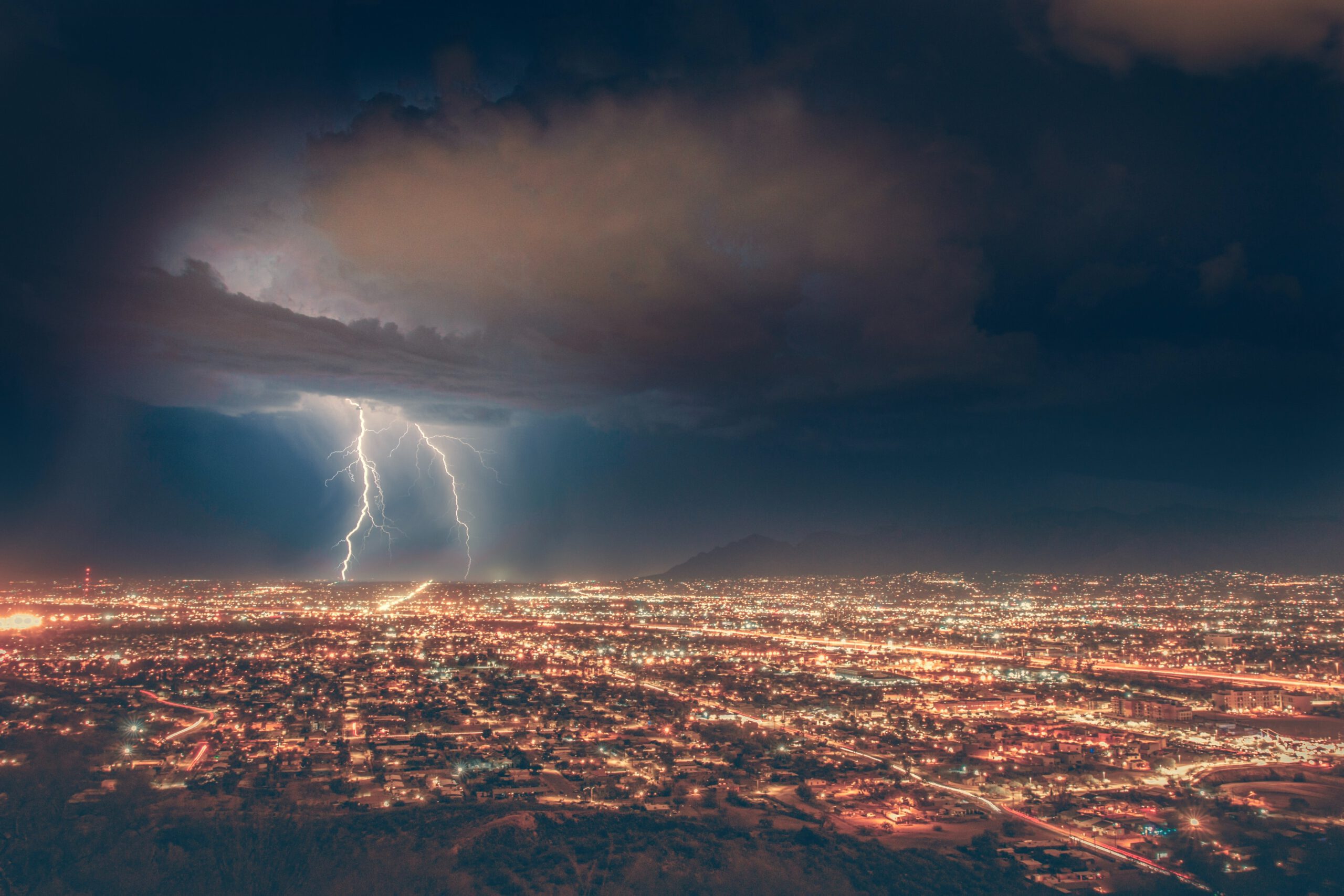While large storms can cause damage to your home, the damage doesn’t stop after the storm has passed. Your water-logged home may have more damage than you originally thought. When handled incorrectly, a storm damaged home can sustain more damage. It’s also unsafe to stay in a storm damaged home.
There are certain steps you can take to help stop further damage while you’re waiting for professionals. While you may instinctively do some of these steps, it’s always beneficial to have a refresher course. After a storm, you should always assess the damage on your home, file an insurance claim, and avoid any additional damage.
Whether you’re preparing for an upcoming storm or in the calm after the storm, these tips are sure to help you handle storm damage.

Assessing the damage
Safety should be your top priority after a storm. Studies have shown that half of the total injuries from storms happen after the storm has passed. Checking for damage after the storm can be extremely dangerous. There are many hidden dangers that come with storm damage. Be on the lookout for slippery wet spots, live electrical wires, exposed nails, and anything that looks unstable. Floodwater can contain many germs, so be sure to clean your hands often. Always avoid looking for storm damage after dark, as it will make any of the hidden dangers harder to see. Avoid standing directly in water, as live wires may cause electrocution. It’s also safe to assume that all downed power lines are live, and you should never go near them.
Mold can begin growth in as little as 48 hours in a damp environment. If your home has been flooded for a few days, assume you have mold. If you’re able to safely reenter the house within a day or two, there are a few ways you can pull the moisture out. Opening the windows can help air out the house. Use a shop vacuum to suck water out of carpets. You can use a sump pump or an electric water transfer pump. Fans and dehumidifiers will also help to dry specific rooms out. Remember that fans should be placed blowing out doorways or windows so they don’t spread mold.
If your power goes out, always use a flashlight instead of candles. Candles can ignite a gas leak and cause a fire or explosion. If you suspect a gas leak, shut off your gas line, open the windows, and leave the building. Calling the authorities is the only safe way to handle a gas leak.
Handling an insurance claim
Before you start trying to fix the storm damage to your house, take pictures of damaged areas. Photos help the insurance companies access the damage. There are a few places that are more susceptible to storm damage. Make sure you check these areas while taking pictures for insurance:
- The roof, looking for holes, leaks, and broken shingles
- Windows, looking for cracks and broken panes
- Gutters, looking for dents, debris, and clogs
- Basement, looking for water damage
If your house is unsafe to live in after a storm, make sure you save any hotel receipts. They count as temporary living expenses and may be covered by insurance.
Winter storms
Winter storms cause much of the same damage as regular storms, but for different reasons. Water damage may be caused by burst pipes or from snow breaking shingles. Fires may happen, but not because of gas leaks. They may happen because of unattended fireplaces or improperly cleaned chimneys. Other than the different causes of damage, most of the steps we’ve gone over today also apply to winter storms.
Choose a trustworthy contractor
Choosing a contractor is always hard, even when you aren’t under pressure after a storm. Keep a level head and explore your options. An incomplete or poor restoration can cause more problems in the future. Mold begins to grow very quickly after flooding or in damp areas. It can make your home unsafe for your family and you may need to redo the restoration.
If you’re looking for a trustworthy restoration company in Rhode Island, Sole Source Restoration is available 24/7 at 401-712-2700. To learn more about our services, visit our website at https://www.solesourcerestoration.com/


